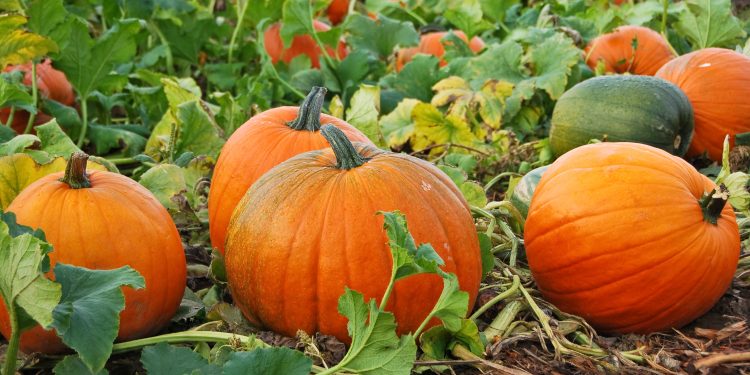In an innovative move to increase farmers’ income and promote sustainable agriculture, the Maharajganj Fisheries Department has launched a campaign to encourage the cultivation of green vegetables at the edges of private fish ponds. More than 50 farmers have already participated in this initiative and received free seeds to plant seasonal vegetables such as sponge gourd, bottle gourd, ribbed gourd and okra.
There are approximately 3,400 ponds in Maharajganj district, of which 1,500 are private ponds used for fish farming. Recognizing the potential for additional income, the Fisheries Department is actively educating fish pond owners about the benefits of intercropping. By growing vegetables on pond banks, farmers can optimize land use, increase biodiversity and generate additional income.
The Assistant Director of Fisheries highlighted the department’s efforts to promote the practice, noting that the initiative is in line with the larger goal of increasing farmers’ income through diversification of farming practices. In April, the department began working with private pond owners and those renting fish ponds, encouraging them to use the banks of the ponds to grow vegetables.
The response has been promising, with 47 farmers already receiving seeds for crops such as sponge gourd, bottle gourd and hump gourd. The department has also proposed the use of drip irrigation techniques to ensure efficient use of water, which will further support sustainable agricultural practices.
The initiative is part of a month-long campaign to create awareness among more farmers about the benefits of intercropping. Free seeds are being distributed to encourage participation, and the department plans to continue its outreach efforts to maximize the impact.
Combining vegetables with fish farming provides several advantages:
Increased income: By growing vegetables, farmers can earn additional income from the same piece of land.
Optimization of resources: Using pond embankments for growing vegetables ensures that land is not wasted.
Biodiversity and soil health. Diverse crops improve soil health and reduce pest problems, breaking the monoculture cycle.
Efficient use of water: Drip irrigation and proximity to a water source help maintain optimal moisture levels for vegetable crops.
This practice not only supports the economic well-being of farmers, but also contributes to the overall sustainability of agricultural practices in the region. The Fisheries Department’s initiative reflects a growing trend towards integrated farming systems that improve productivity and sustainability.
The successful cultivation of vegetables along the banks of ponds in Maharajganj is a testament to the potential of integrated farming systems. By combining fish farming with vegetable growing, farmers can make the most of their land, increase their income and promote sustainable farming practices. As more farmers learn and adopt these practices, the area could see significant economic and environmental benefits.































